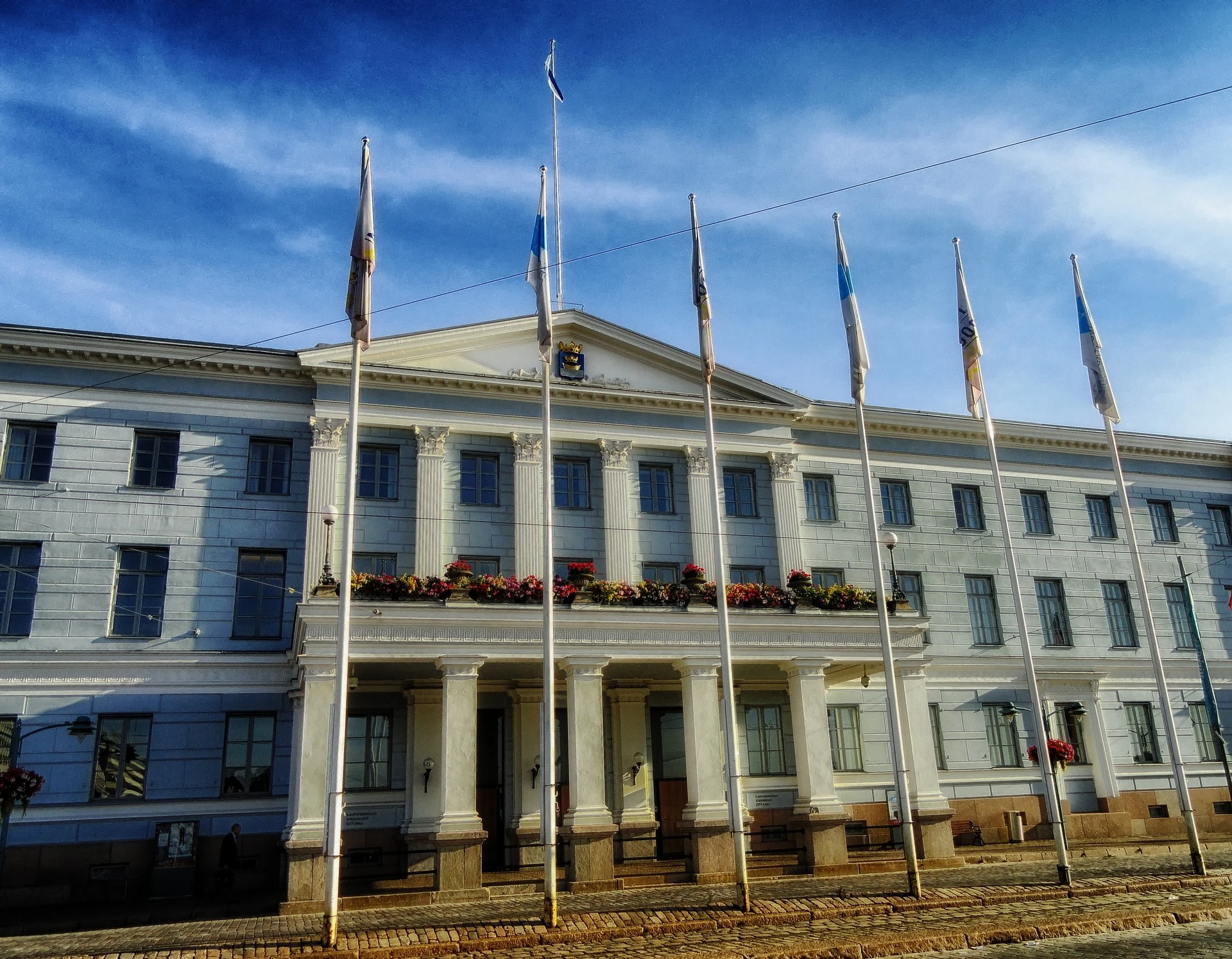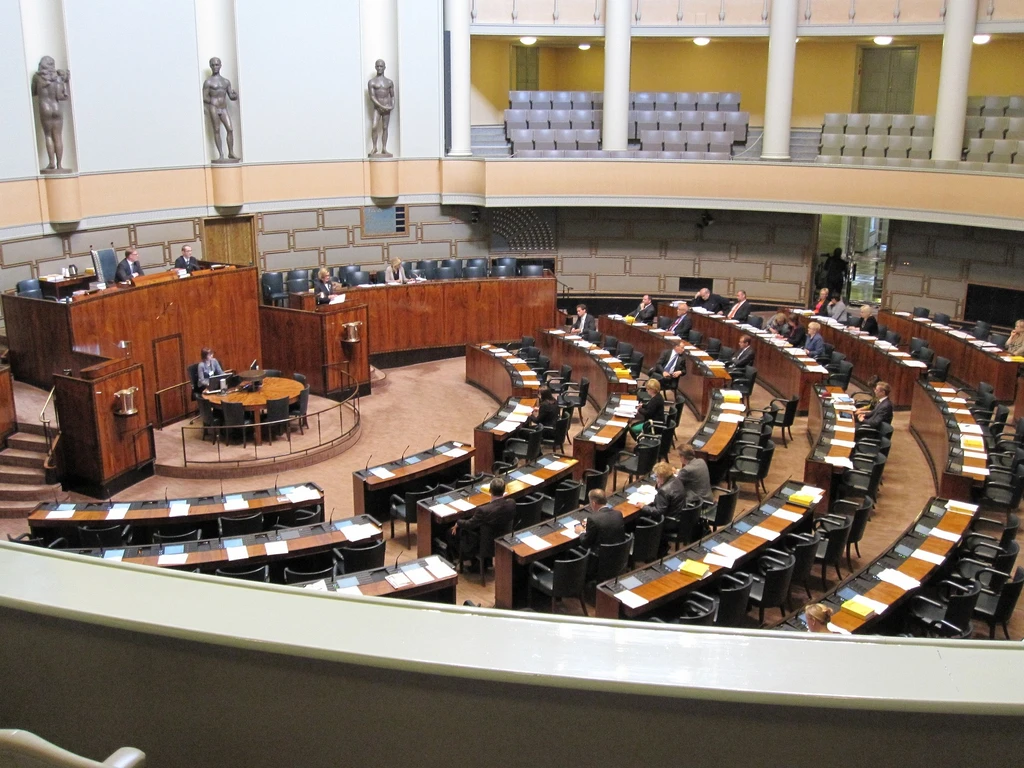Finland government study recommends reforming gambling monopoly

Instead the study outlined two potential options for lawmakers in Finland. The first option, based on the Norwegian model, would be to grant the regulatory authorities significantly more power to prevent consumers from accessing unlicensed gambling from abroad. Among other measures this could involve blocking orders, advertising bans and new policies to interrupt payment processing.
The second option – as implemented by a number of Finland’s neighbours – would be to establish a licensing model of gambling regulation. According to the study, the introduction of this system would “significantly improve” the channelisation of users to legal offerings.

“On the other hand, it is very difficult to reliably assess the likely effects of the introduction of the license system on the prevalence of gambling problems,” said the study. “The increase in competition following the introduction of the license system may, in principle, increase the total consumption of gambling and thus also the disadvantages of gambling.”
Principles of reform
However, the study argued that this would not be the case. It said that – based on the research literature – monopoly and licensing systems “do not differ” from each other in terms of the prevalence of gambling harms or the total amount of activities.
The document concluded by saying that any decision to introduce a licensing system for Finland would be guided by the main principle of reducing gambling harms. In practice this would mean restrictions on gambling marketing, the creation of a well-resourced gambling regulator, as well as “comprehensive arrangements for the entire licensing system” to protect users from gambling harms.
These could take the form of mandatory identification for all players, a centralised self-exclusion scheme, and “effective measures” to prevent the continued existence of unlicensed gambling from abroad.
Finland has already proposed a number of restrictive measures intended to strengthen the functioning of the monopoly system. Many of these are connected with the amendment of the Lotteries Act, which will go into effect this year. However, the study said that the issue with such measures is that they are relatively easy to technically circumvent.
“The regulation of payment bans on gambling activities that go beyond the current exclusive system would probably require a law prohibiting gambling on websites other than Veikkaus, or that the regulation of payment conditions could be justified in the government proposal more strongly than in the last amendment to the Lottery Act,” said the study.
The preliminary study
The preliminary study into alternatives to the current system in Finland was a project launched by the country’s Ministry of the Interior on 5 January. While the Lottery Act has been reformed several times over the previous decade, it has always done so within the context of the exclusive rights system, wherein state-owned gambling monopoly Veikkaus has the sole authorisation to offer games of chance.
“The goal of the project has been to assess the current state of Finland’s exclusivity system in relation to the goals laid down in the Lotteries Act, to examine the gambling systems in use in countries relevant to the preliminary investigation, and to evaluate the societal benefits and disadvantages of various gambling systems,” said the report.

The report said that the number of players who bet on unlicensed offerings outside the monopoly system has remained stable in recent years at 5-6% of the total population.
Despite the relatively small size of the country’s unauthorised segment in number of users, it is large in financial terms – costing in the region of €500m-€550m per year, equating to around 50% of the total market.
To provide an international comparison, the study examined the national gambling systems of five reference countries: Sweden, Denmark, Norway, the Netherlands and France. Of these, only Norway maintained a similar monopoly system for its gaming market.
